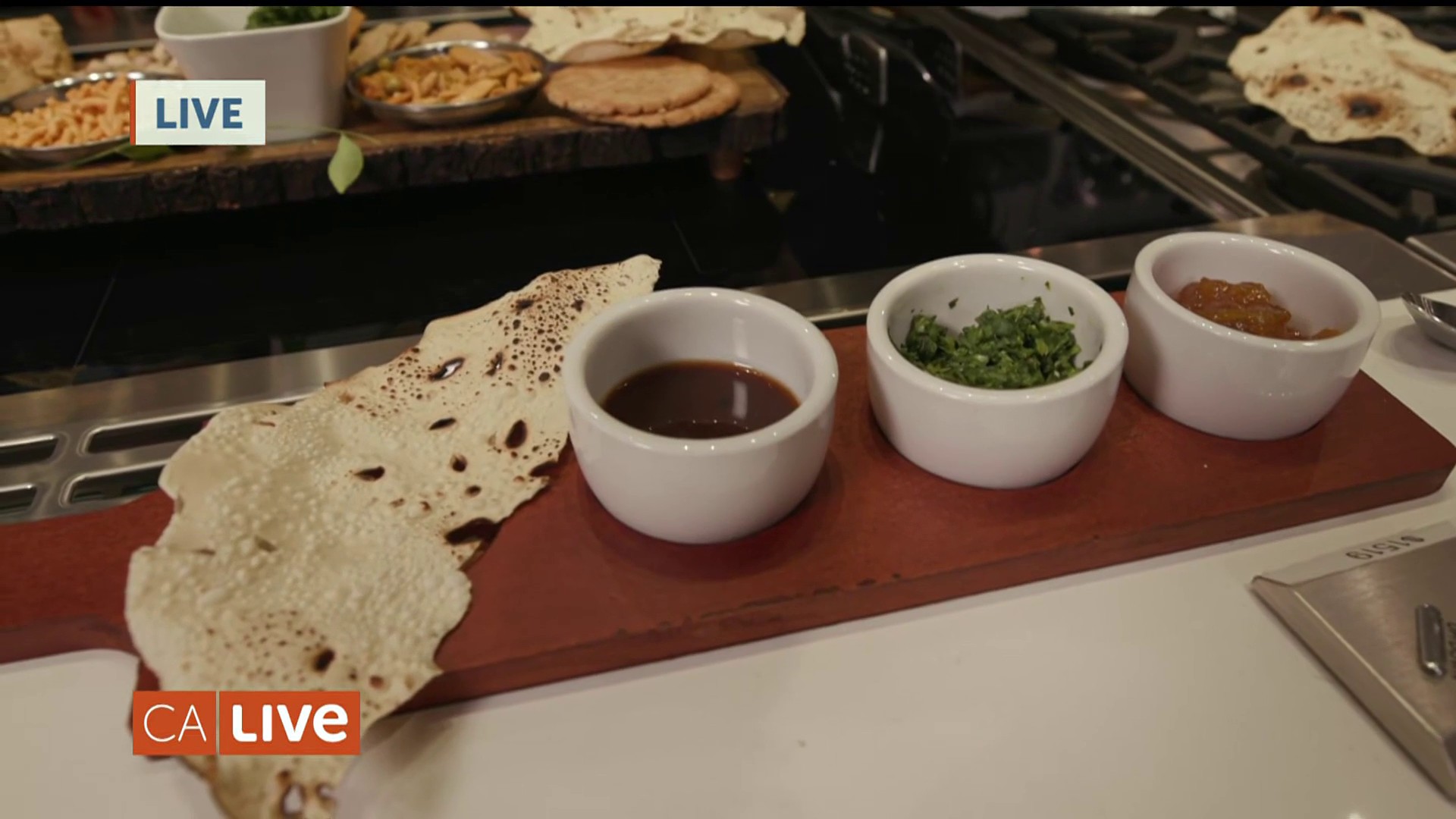April is National Arab Heritage month, commemorating more than 3.7 million Americans of Arab ancestry. These Arab Americans hail from 22 countries, who have come to the United States in several waves of immigration since the late 1800s. Many of them celebrate this month by sharing their culture through music, dance, art, and of course, food. Food is a massive part of Arab identity, and Americans of all backgrounds have readily adopted Arab food as part of their diet, from hummus and pita bread, to tabouli and falafel.
Arab Americans take pride in their hospitality and show their love through food. Enter any Arab home as a first time guest, and you will be greeted like a family member, welcomed with more food than you can possibly eat in one sitting. If you say “no thank you” to seconds, you will get seconds or possibly thirds regardless. There is a restaurant in San Francisco that aims to capture this kind of Arab home hospitality called Beit Rima, which literally means “Rima’s House” in Arabic.
Chef Samir Mogannam, who was recently featured in the Food Network show Chopped, has recreated a middle eastern living room atmosphere in his Beit Rima restaurants in San Francisco. Vintage art and photography adorn the walls, whether a photo of the iconic Egyptian singer Umm Kulthum or a portrait of his own mother, who inspired his cooking journey. Miniature Turkish coffee cups and Arabic cookbooks are tucked into cozy nooks, and long tables line the restaurant to encourage a communal dining experience.
Get Southern California news, weather forecasts and entertainment stories to your inbox. Sign up for NBC LA newsletters.

I invited Chef Samir to share a dish for “California Live,” and he chose a rustic Palestinian dish that embodies true Arab comfort food, called Mussakhan. This regional specialty of chicken seasoned with sumac baked on bread is not typical in Middle Eastern restaurants. The dish is then crowned with caramelized onions, and toasted pine nuts. Musakhan means "warmed" or "heated" in Arabic, because in the small Palestinian village of Ein ‘Arik, the women bake this dish in a “tabun”, or an underground clay oven that has been used since biblical times.
This dish is quintessential Arab comfort food you would more likely eat in a home rather than in a restaurant. As a matter of fact this is a childhood favorite in my family, where we literally have fought over the browned and crispy bread, which is rich with the pan juices from the chicken roasting on top. What makes this chicken dish unique is sumac spice, which is the ground bulb of a flowering shrub. Sumac is deep purple in color and adds a tangy, lemony flavor, used to season chicken, fish, roasted vegetables, and even fattoush salad. The recipe is surprisingly easy, and now you can make this comfort food at home, courtesy of Chef Samir’s recipe.
Musakhan Chicken
- 8 bone-in, skin-on chicken thighs
- Half cup of olive oil
- Half cup of lemon juice
- 8 yellow onions
- 4 tbsp sumac: half for chicken and half for onions, pinch as garnish
- ~ 4 tbsp Baharat spice mix (can use 5 spice mix)
- ~ 4 or 5 tbsp Kosher salt, to taste
- Toasted pine nuts as desired
- 1 package pita bread

Start with 8 pieces of bone-in chicken thighs. Rinse them with water and trim any excess skin that may have been left on. Season the thighs with kosher salt, sumac, baharat spice mix, lemon juice and half of the olive oil. Let the chicken marinate for an hour to overnight. In a roasting pan covered with foil, roast the thighs for about an hour at 400F. Caramelize yellow onions that have been julienned in the other half of the olive oil. Season with salt and sumac while sautéing the onions.
Now to assemble the Musakhan for the final roast before serving:
Dip each round of pita quickly on both sides in the drippings of the roasted chicken. Then place the pita on an oiled sheet tray, put a bit of the caramelized sumac onions on the inner circumference of the pita, allowing the outer ring of the pita to be exposed. Then place one of the chicken thighs on top of the onions. Roast again at 350F for 4 to 6 minutes. Finish with a pinch of sumac and toasted pine nuts out the oven. Enjoy!




